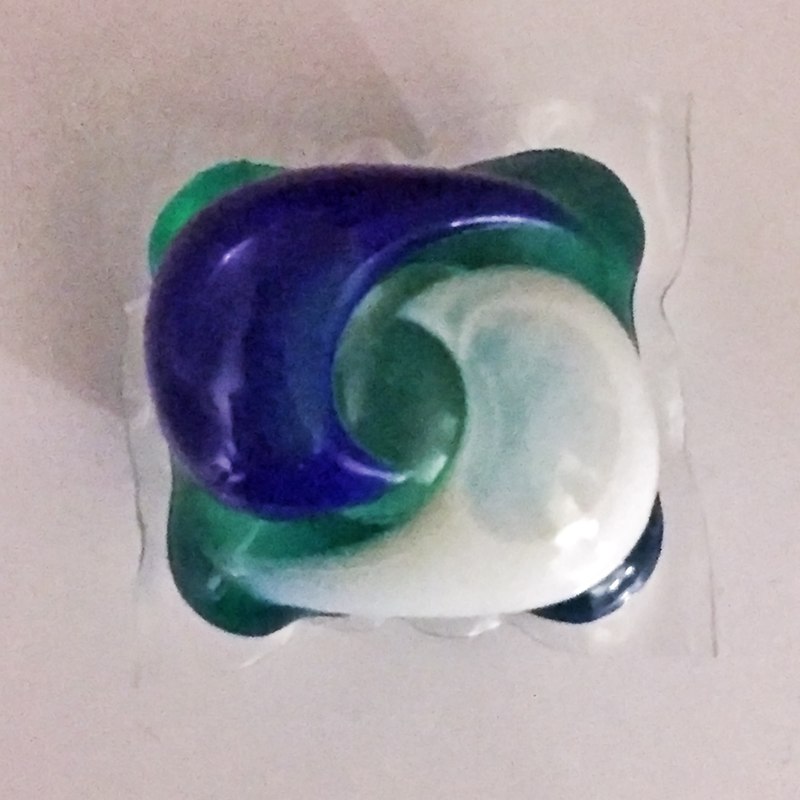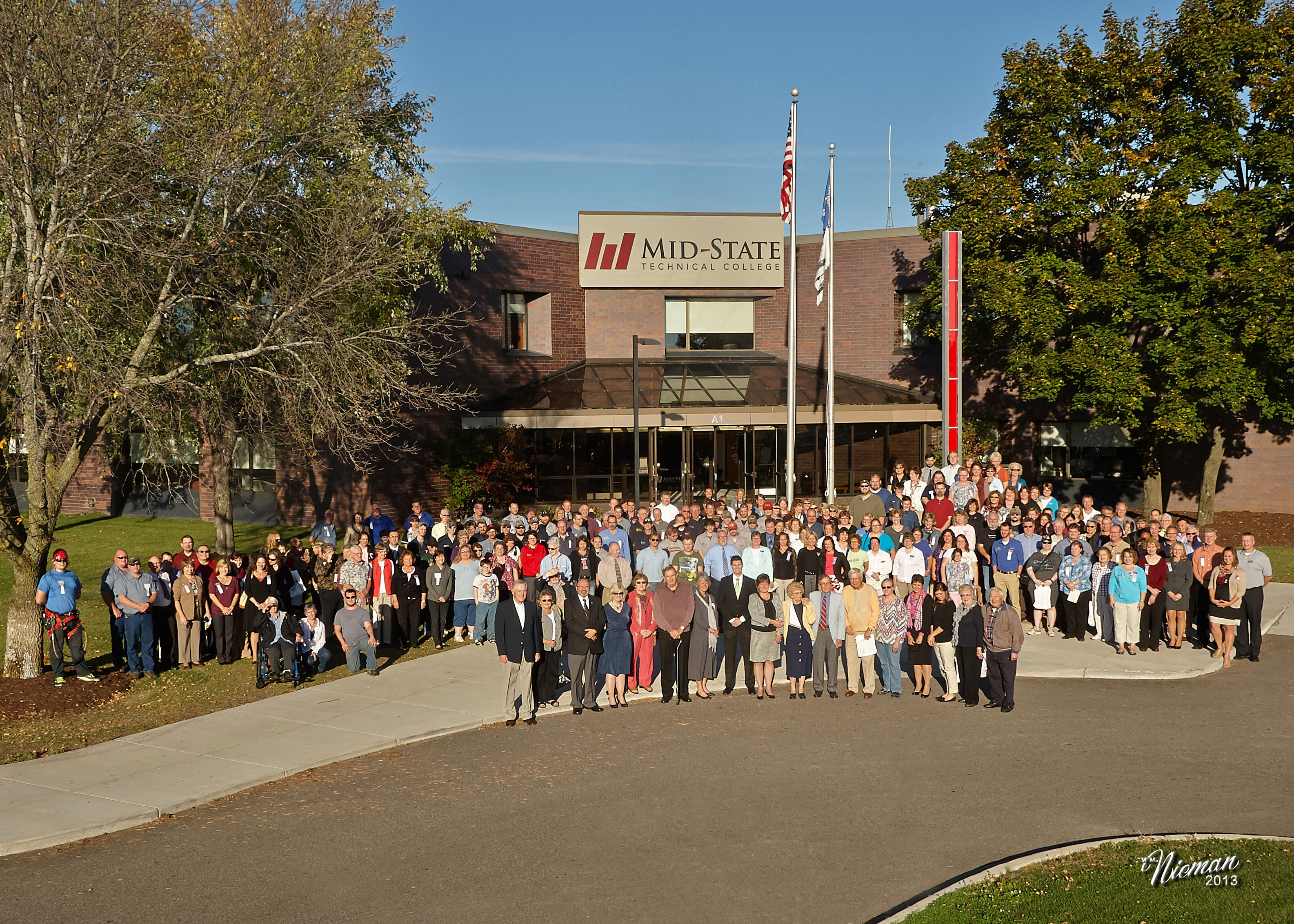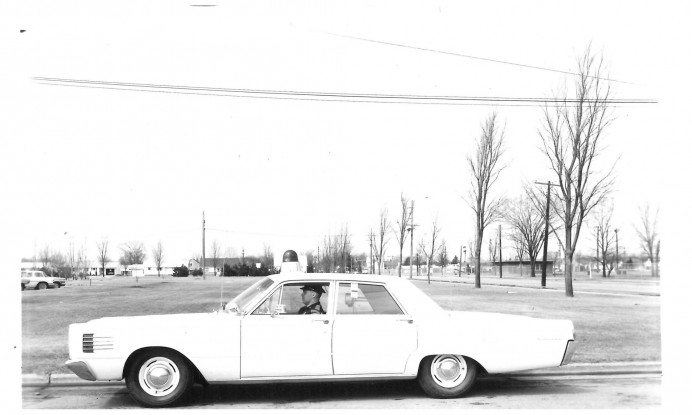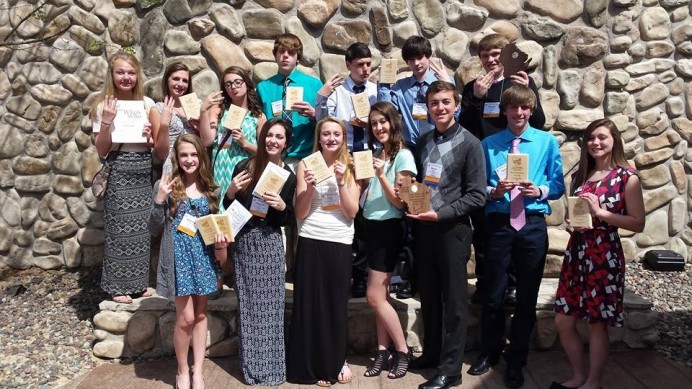Column: The Truth (and Myths) About Teens and Tide pods

By Joe Bachman
Editor
On March 14, tens of thousands of students across the nation walked out of their classrooms as a show of solidarity for the 17 victims who lost their lives in the tragic mass shooting at Marjory Stoneman Douglas High School on Feb. 14. This movement also served as a large-scale protest against gun violence, and the demand for stricter gun laws.
Many students in the region, including those at Lincoln High School, participated. While this column is not going to take a side on the gun debate, it is going to address some common misconceptions about students that have been criticized in the now over 600-plus comments of their protest on our Facebook page. As a journalist, facts are crucial to understanding all sides, and I feel it necessary to point out the stark contrasts between what the data tells us.
“What do millennials know? They eat tide pods!” — Many have continued to share this sentiment, and I want to point out what cannot be argued — hard data.
In 2017, over 12,000 calls were made involving the ingestion of tidepods, according to the American Association of Poison Control Centers. However, over 80 percent of those calls involved kids aged five and under. While many calls have been received this year regarding the same issue, only 719 calls have involved youths aged 13-19, and only 86 of them involved teens doing so intentionally — most cases are accidental.
With this set of data, let’s take a look at statistics from the National Merit Scholarship program, where students are awarded for exceptional academic promise. Every year, roughly 1.6 million students take an exam to be entered into this scholarship program, and out of 50,000 scorers, 34,000 do well enough to be commended for their performance. In fact, many have come from our own region, including Nekoosa, and Wisconsin Rapids. Even Lincoln High School’s own Adileen Sii was named to the Dean’s List of UW-Madison last semester.
When we take a look and compare the data, we have 86 teenagers who have intentionally ingested tidepods, compared to an exceptionally larger 34,000 who have been nationally recognized for their exceptional academic performance. As teens, we have all made poor life choices from time to time, but statistics can attest that in the case of tide pods, more students are getting awarded for their exceptional academic performance than eating laundry detergent.
According to Pew Research, Millennials, (defined as born between 1981-1996, and even as late as 1999 in some studies) have far surpassed Generation X and Baby-Boomers as the most educated generation in our history. Given the continued results of the National Merit Scholarship and current trends, Generation Z (born later than 1996) is expected to be no different. A Small Business Trend study stated that over 50 percent of Generation Z students already have their sights set not just on college, but starting their own business. In fact, in the most recent PISA findings, the current generation of students rank 13th in the world when it comes to problem solving.
Furthermore, a Case Foundation study would find that millennials donate more of their time and money to charitable organizations in much higher numbers than previous generations. With Millennials now officially the largest eligible voter-base, surpassing Baby-Boomers, we can expect that in 2020, current-Generation Z students will not be far behind.
Supreme Court Justice Ruth Bader Ginsburg once stated: “I am fearful, or suspicious, of generalizations… They cannot guide me reliably in making decisions about particular individuals.”
I would implore many in the community to take a second look at our youth, as the statistics tell another story than of a generation eating tide pods. This is not a generation with their heads glued to their smartphones, and minds wasted entirely on frivolous forms of dangerous entertainment — these are generations that, like it or not, will be the future of this community, and country.
Instead of condemning our youth for having an arguably well-educated voice, perhaps it’s time to listen, and welcome them to the discussion table, instead. It is crucial to a well-oiled democracy that we listen to all sides, and not make grand generalizations of our youth, simply because they’re our youth.
*Additional information in the hyperlinks within the article.






